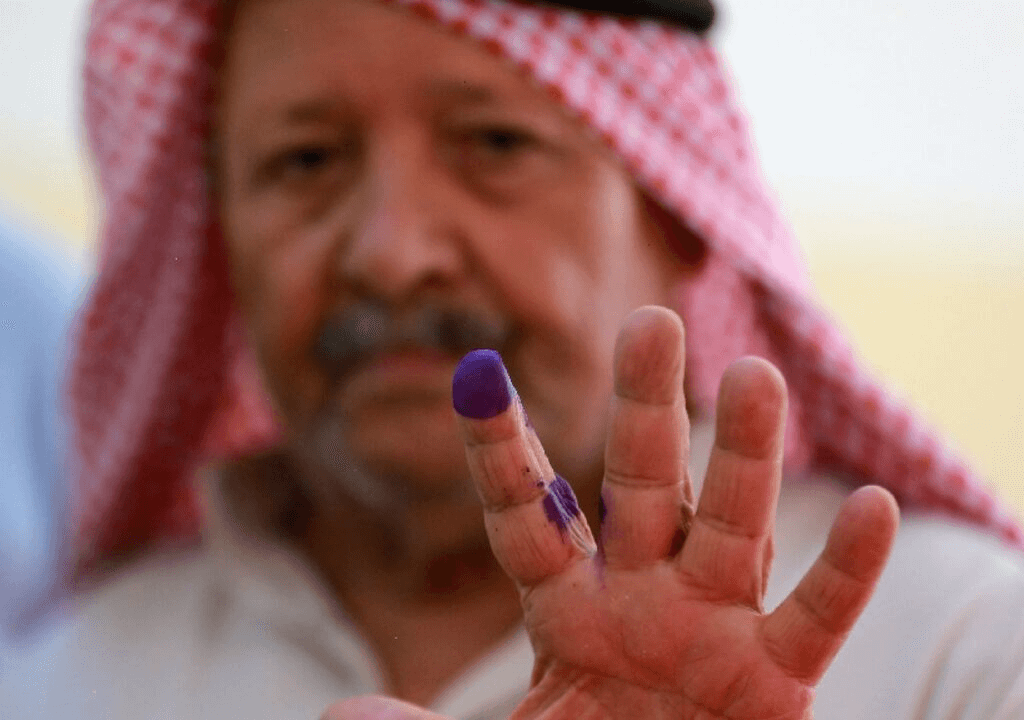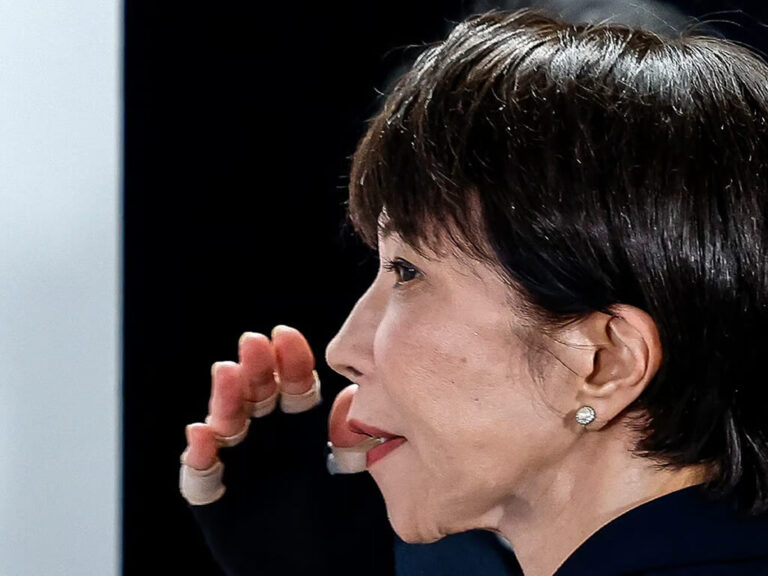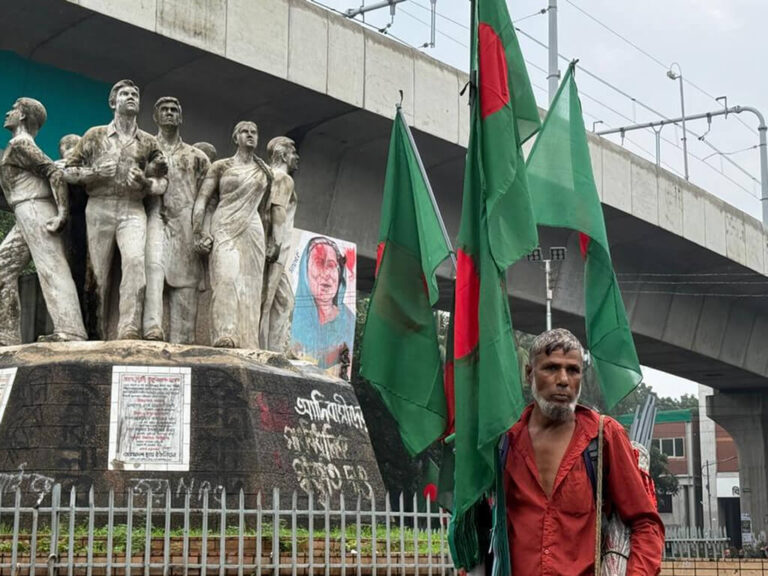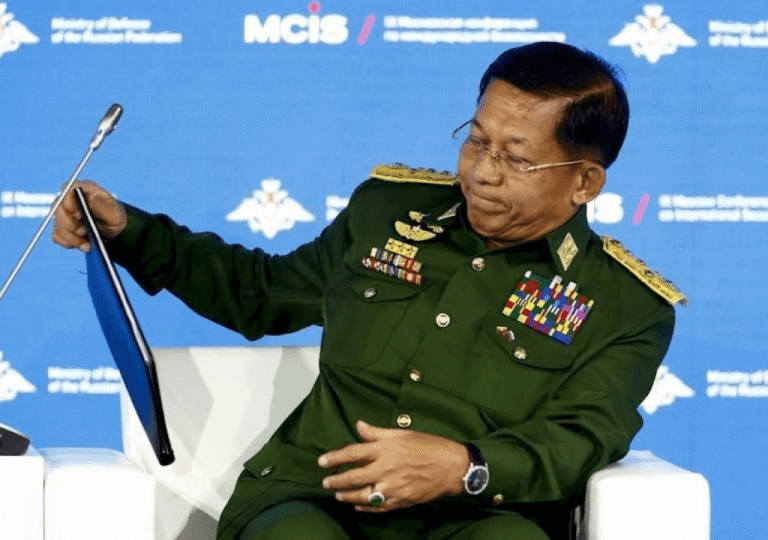Jordan, a constitutional monarchy known for suppressing political voices and its peculiar parliamentary voting system, held elections on Tuesday under a new electoral law to elect members of the lower house. These elections took place amid heightened political tensions due to Israel’s war on Gaza and a challenging economic environment marked by high unemployment – issues that were not fully addressed by the kingdom. As the results emerge, it appears that the country, which has long suppressed Islamic politics, is witnessing a resurgence of such influence. Jordan’s Islamist opposition party has topped the parliamentary elections, although it fell short of securing a majority, according to official results.
The Islamic Action Front (IAF), the political wing of the Muslim Brotherhood in Jordan, secured 31 out of 138 seats in the Parliament, tripling its representation in the House of Representatives, according to the country’s election commission on Wednesday. This result is historic for the Islamists, marking their largest representation since 1989, when they won 22 of the 80 parliamentary seats. In the previous Parliament, elected in 2020, the IAF held 10 seats, and in the 2016 legislature, they had 16. The election results are seen as reflecting a broad desire for change among voters, many of whom were not necessarily Islamists but were frustrated with the old political order and wanted a shift. The Muslim Brotherhood, which combines Islamic values with democratic principles, gained influence during the Arab Spring and operates as a transnational Sunni Islamic organization. However, it is labeled a terrorist group in countries such as the UAE, Saudi Arabia, Egypt, and Russia. Its growing role in Jordan’s political scene could lead to friction with the Kingdom, which is wary of closer ties with Israel.
During the ongoing war, Jordan has sought to navigate a delicate political balance by maintaining diplomatic relations with Israel and intervening in Iran’s retaliatory attack in April, when it shot down missiles that flew over its territory. This position has sparked considerable anger among many Jordanians, particularly those who are descendants of Palestinians displaced during the Nakba and the 1967 war. Official results released on Wednesday reflect this frustration, showing a boost in support for political factions critical of Israel’s actions in Gaza.
In Jordan, the King exerts substantial influence over the country’s governance. He has the power to sign, execute, or veto laws, as well as to suspend or dissolve Parliament and alter the length of its sessions. Despite attempts to improve the democratic process following the Arab Spring and waves of protests, Jordan’s political system remains highly centralized. The 2022 electoral law was designed to bolster the role of political parties, but the Parliament is expected to continue being dominated by tribal and pro-government factions. This new law introduces a significant change by allocating 41 seats to over 30 licensed, predominantly pro-government parties. Jordan’s voting system still favors sparsely populated tribal and provincial regions over densely populated urban areas, where Jordanians of Palestinian descent – often supporters of Islamist groups – are concentrated. Although more than two-thirds of Jordanians reside in cities, these areas are allocated less than a third of the parliamentary seats.
Recent electoral reforms have lowered the candidacy age from 30 to 25 and implemented a mixed proportional representation system for the 138-seat Parliament. Voters now cast two ballots: one for lists in 18 local districts competing for 97 seats, and another for political parties in the national district, which has 41 seats. The system also includes 12 reserved seats for Christian, Circassian, and Chechen minorities, as well as 18 seats for women. Future elections are anticipated to increase the proportion of seats in the national district, potentially facilitating the formation of parliamentary coalitions.
Many Jordanians believe that a passive Parliament filled with pro-government deputies is ineffective in driving change. However, this election is significant as it represents a modest step in the democratization process initiated after long protests. Turnout among Jordan’s 5.1 million eligible voters in Tuesday’s election was low, at 32.25%, a slight increase from 29% in the 2020 election. Despite this, the election is pivotal in Jordan’s history, as it will shape the country’s future democratization efforts, its stance on Palestine, and potentially revive the influence of the Muslim Brotherhood in the Arab world. Thus, Jordan’s election holds considerable significance for the region.








